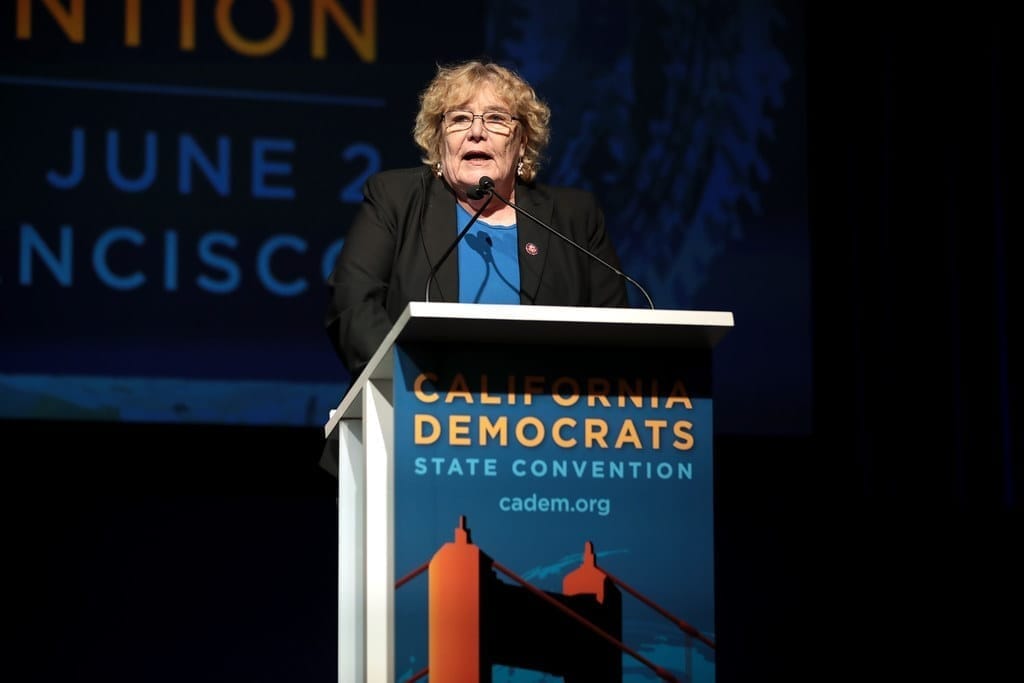Public Knowledge: New Bill Sets A Dangerous Precedent for Online Freedom
Says the bill would turn ISPs into “copyright police.”
Gabriel Dorner

WASHINGTON, Jan. 29, 2025 – Prominent non-profit interest group Public Knowledge strongly opposes a new House bill that would allow for site-blocking of foreign companies, the group said in a release Wednesday.
Rep. Zoe Lofgren, D-CA, introduced the Foreign Anti-Digital Piracy Act Wednesday. If passed, rightsholders could force Internet Service Providers to block, for example, overseas websites selling or providing access to pirated music.
Public Knowledge does not want Congress to proceed with it.
“Public Knowledge opposes this bill and any site-blocking bill that turns broadband providers into copyright police at Americans’ expense,” the release read.
Meredith Rose, the organization’s Senior Policy Counsel, explained that the legislation would give the entertainment industry unprecedented power.
“Blocking orders are incredibly powerful weapons, ripe for abuse, and we’ve seen the messy consequences of them being implemented in other countries,” Rose said.
According to Rose, the Recording Industry Association of America–a trade organization representing the U.S. music industry—can already temporarily disconnect any American’s internet connection based on an infringement accusation, which she said does not need to be proven in court unless challenged.
Verizon tried to ignore the RIAA’s disconnect orders in the past, resulting in an unresolved $2.6 billion July 2024 lawsuit.
“That kind of power has absolutely no place in an America where the federal government is spending over $40 billion to connect more Americans – while the entertainment industry is fighting to let fewer people online, and to police what they can see when they do log on,” Rose said.
Rose indicated that Lofgren’s FADPA would not address deeper issues regarding international piracy.
Other industry experts do not necessarily agree with Rose’s take, however.
RIAA argued in the court filing that Verizon ignored its legal responsibility to prevent repeat infringers in order to maintain the millions of dollars its subscribers pay to the company.
The association also said that pursuing overseas individuals or companies that run piracy websites is practically impossible due to the high cost involved with investigations. RIAA defended the practice of using ISPs to help police piracy on the internet.
The issue of site-blocking applies to more than just the music industry, with other entertainment enterprises claiming their property is continually pirated.
Motion Picture Association Chairman and CEO Charles Rivkin urged Congress in April 2024 to “enact judicial site-blocking legislation” to disrupt content pirates that he said are costing movie theaters $1 billion a year at the box office.
“Site-blocking is a targeted, legal tactic to disrupt the connection between digital pirates and their intended audience,” Rivkin said at CinemaCon in Las Vegas.









Member discussion